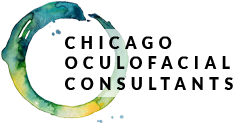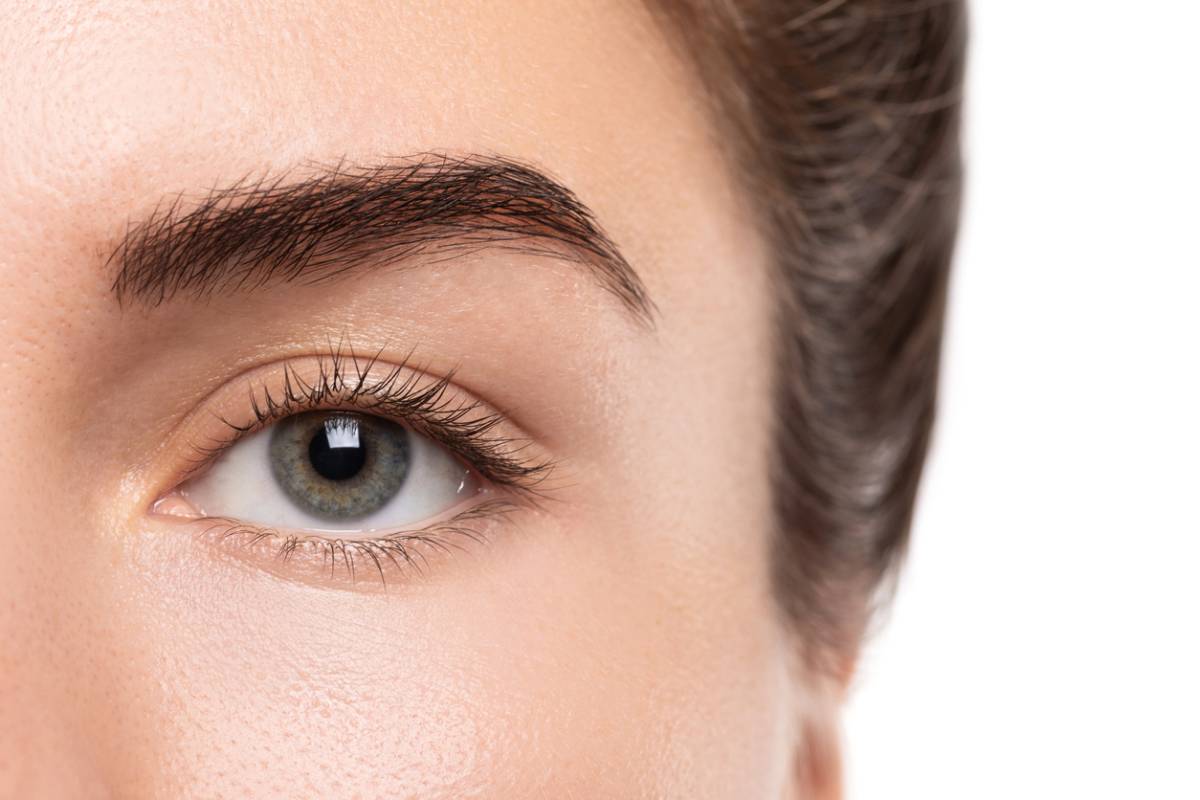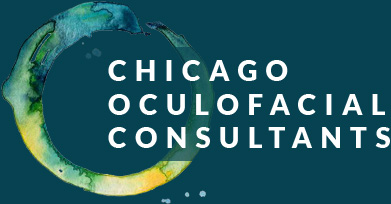Eyelid surgery, or blepharoplasty as it’s known to medical professionals, is an effective and relatively simple procedure that can offer rejuvenating effects when successfully executed. Below we cover our top tips and timeline for eyelid surgery recovery.
Tips and Timeline for Eyelid Surgery Recovery
If you want to maximize the results you can receive from this procedure, you’ll have to ensure that your recovery period goes as quickly and smoothly as possible. This can ensure that you’ll end up with the best results possible.
If you have a quad blepharoplasty scheduled or are just considering receiving this type of treatment, here’s a brief overview of the kinds of things you can do in order to maximize your recovery period.
The Immediate Aftermath
The immediate aftermath of your surgery is often the harshest in terms of how you’ll be feeling. There are a number of commonly experienced side effects from the surgery that a majority of patients experience.
Some of these include:
- Sensitivity to Bright Lights
- Double vision
- Numbness surrounding the eyes
- Puffy or swollen eyelids
- Bruising
- Blurry vision
If you received some kind of anesthesia during your procedure, you may also find that you experience mild nausea of some kind, along with a possible sense of dizziness.
Common Side Effects
Bruising, swelling, and the formation of scars around the incision sites are probably the most common side effects experienced by patients in the aftermath of their procedure.
Each one of these side effects carries with it its own timeline in terms of how it heals. For example, for most patients, bruising will subside within 2-4 weeks. On the other hand, the swelling from your procedure might not dissipate until up to 8 weeks from your initial procedure.
On the other extreme, the scars from your procedure might not fully disappear until up to a year from your initial procedure. Of course, this timeline varies from patient to patient.
Recovery Timeline
Aside from the recovery timeline of the common side effects, there is also a generalized recovery timeline from eyelid surgery. Here is a general outline of what one can expect from this.
2-3 Days: During this period, it’s quite common for patients to experience nausea or grogginess from any anesthesia utilized during the procedure. They might also feel some hotness or tightness around their eyes. Some mild pain or discomfort is also very common. Itchiness at the incision sites, as well as blurry vision, can also be expected.
1 Week: Patients should continue to experience bruising and swelling, though this will begin to subside. Sight will have returned to normal levels. However, it is advised that a patient avoid activities that can cause strain on the eyes.
10 Days: At this point, most patients will be able to return to work and perform normal activities such as reading and watching television. That being said, avoiding strain when possible is advised. Light bruising and pain is minimal.
2-3 Weeks: Swelling and bruising should begin to fade in a more permanent sense. Most patients will find that they are able to resume wearing makeup and contact lenses. While contact sports should still be avoided, most patients will be able to engage in some form of exercise.
4-6 Weeks: Patients will begin to see the final results of their surgeries as bruising and swelling begin to fade in a more permanent sense. Most patients will find that they are fully recovered and that all restrictions are lifted.
Tips To Maximize Wellness
If you want to expedite the process of recovery for yourself, as well as minimize the chance of any complications during your recovery period, there are a number of steps you can take.
- Take time off of work and school
- Follow your doctor’s instructions regarding incision care
- Apply cold compresses to reduce swelling and bruising
- Attempt to manage pain without using NSAIDs, which can increase bleeding
- Avoid strenuous exercise and activities
In addition to these activities, you can help yourself heal by engaging in the following activities:
- Avoid rubbing your eyes
- Avoid straining your eyes with intense activity
- Use prescribed eye drops to avoid drying
- Sleep with your head elevated
- Avoid wearing makeup around the eyes while your incisions heal
- Wear glasses instead of contact lenses
- When outdoors, wear sunglasses and a hat to protect your eyes
The Eye Surgery Experts of Chicago
Chicago Eye and Face prides itself on offering the best eye care to the city of Chicago and the surrounding areas. If you’re interested in discovering whether or not this procedure can work for you and your situation, contact us in order to make a consultation appointment.


